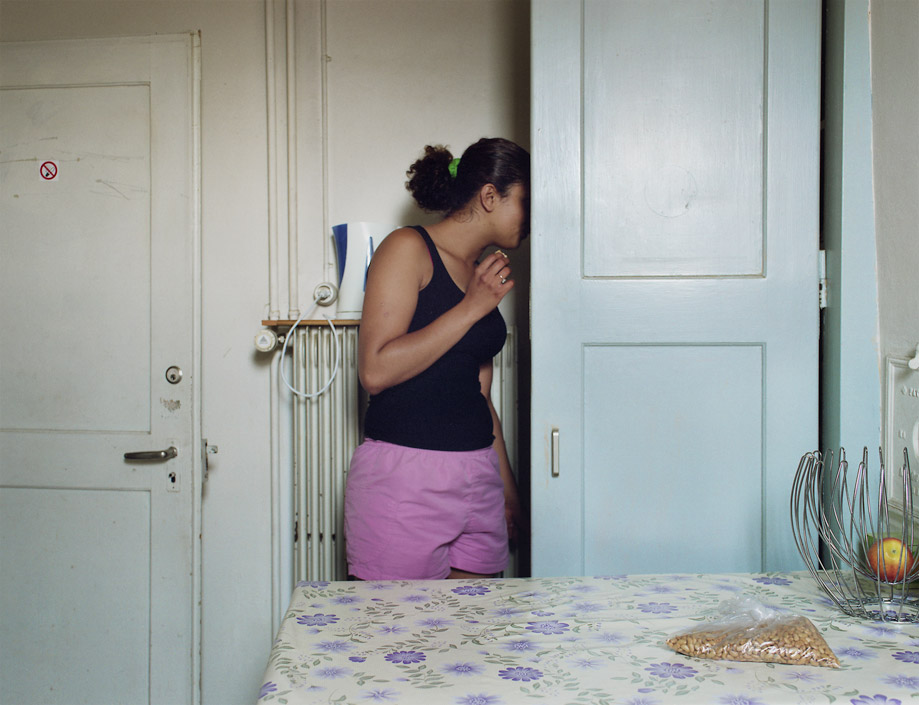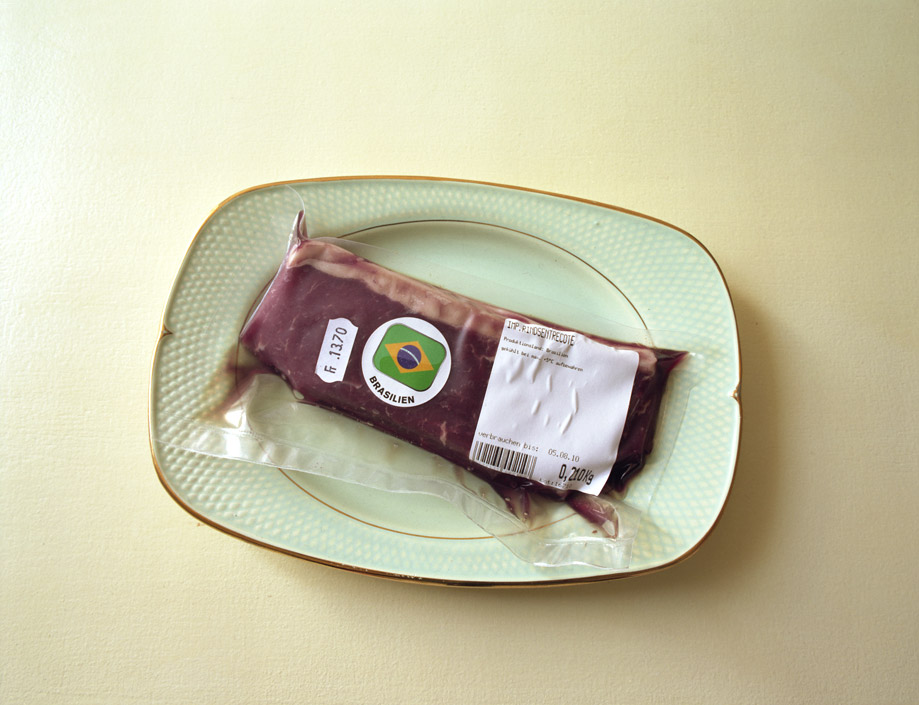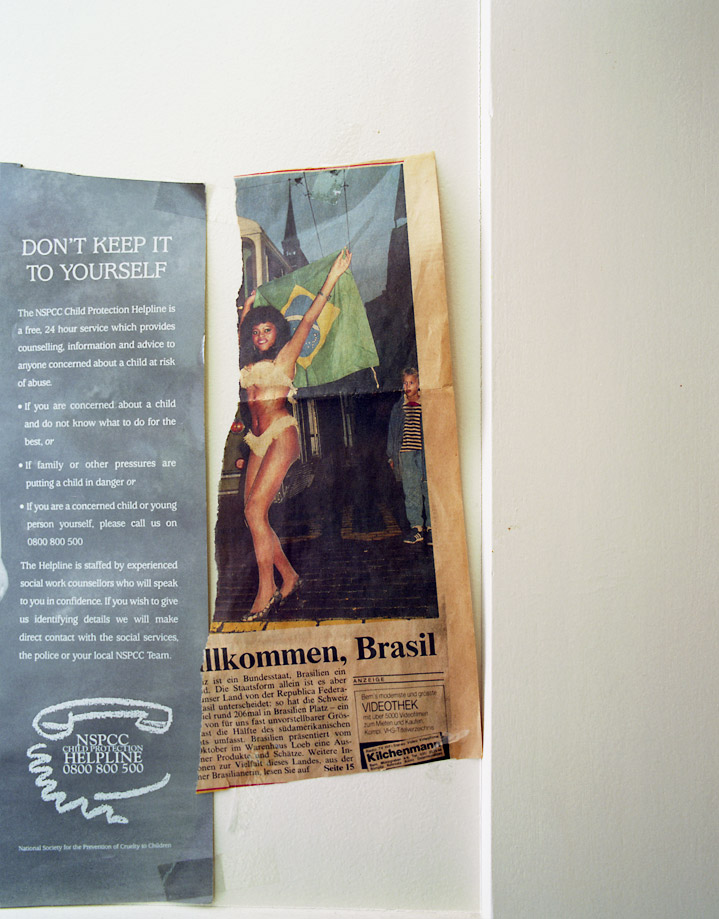




Bye Bye Brazil
In the 1920s, São Paulo hosted the Modern Art Week. Aside from the desire to break with the aesthetic codes of the 19th century, Brazilian modernists tried above all to create an independent national identity, a new cultural mentality that was decentralized from the European point of view; something “Brazilian”.
An intellectual metaphor has come to illustrate these ideals: Anthropophagy. As an anthropophagous manifesto, Macunaïma or the “Hero without a Character” sets out the characteristics of their intentions: "a work of critical, but not xenophobic nationalism, which embodies in Macunaíma the Brazilian who has no civilization and therefore no traditional consciousness". This hybrid Indian tells us: 'I am a Tupi Indian who plays the lute'. Miraculously bleached and then blackened, a great seducer of the queen of the Amazons, he keeps repeating maliciously: 'I am lazy'.And yet he sets off in search of his stolen talisman, the muiraquitá, his identity, taking the reader on his adventures throughout Brazil, until his final metamorphosis into a star, always in search of his ethnic profile and national character. "
Despite the multicultural renewal, Macunaíma also deepens the characteristics of a Brazilian social caricature. For this reason, I have chosen to combine the ideas of cultural anthropophagies with the situation of Brazilian immigrants in Switzerland, who seem to be "searching for muiraquitá" abroad. This approach raises certain questions: what use is made of the cliché in the construction of a new reality/identity? Once settled in a new territory, what cultural aspects must be retained or rejected in order to successfully appropriate and integrate it?
In the 1920s, São Paulo hosted the Modern Art Week. Aside from the desire to break with the aesthetic codes of the 19th century, Brazilian modernists tried above all to create an independent national identity, a new cultural mentality that was decentralized from the European point of view; something “Brazilian”.
An intellectual metaphor has come to illustrate these ideals: Anthropophagy. As an anthropophagous manifesto, Macunaïma or the “Hero without a Character” sets out the characteristics of their intentions: "a work of critical, but not xenophobic nationalism, which embodies in Macunaíma the Brazilian who has no civilization and therefore no traditional consciousness". This hybrid Indian tells us: 'I am a Tupi Indian who plays the lute'. Miraculously bleached and then blackened, a great seducer of the queen of the Amazons, he keeps repeating maliciously: 'I am lazy'.And yet he sets off in search of his stolen talisman, the muiraquitá, his identity, taking the reader on his adventures throughout Brazil, until his final metamorphosis into a star, always in search of his ethnic profile and national character. "
Despite the multicultural renewal, Macunaíma also deepens the characteristics of a Brazilian social caricature. For this reason, I have chosen to combine the ideas of cultural anthropophagies with the situation of Brazilian immigrants in Switzerland, who seem to be "searching for muiraquitá" abroad. This approach raises certain questions: what use is made of the cliché in the construction of a new reality/identity? Once settled in a new territory, what cultural aspects must be retained or rejected in order to successfully appropriate and integrate it?
Her accent is clearly Brazilian, I can hear it when she hollers at a colleague from the supermarket checkout. I wonder what I'm going to say when it's my turn to pay - is she really Brazilian? Maybe I'm wrong. She stands up and asks for something again, the whole supermarket hears her. Her dark skin and frizzy hair, split in two, flattened, doesn't move. I have no doubt. She's standing in front of me. I'm thinking of telling her that the chocolates are gifts for my parents. - In Brazil, we like that stuff from abroad - No. But we need to say something quickly, show that Brazilians know how to distinguish their countrymen, a hello's good enough. "Oi." She's looking at me. It's the longest silence she's experienced today. Her next words come as if they could cut off the air: "Neunundvierzig und fünfundfünfzig, bitte.”